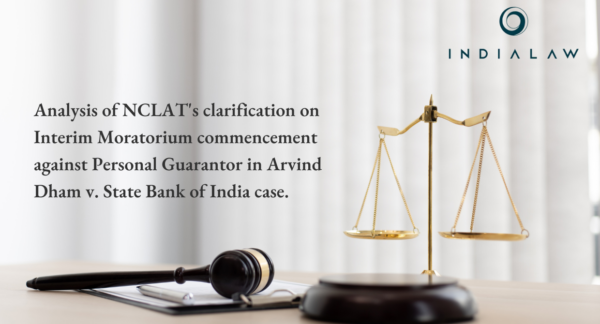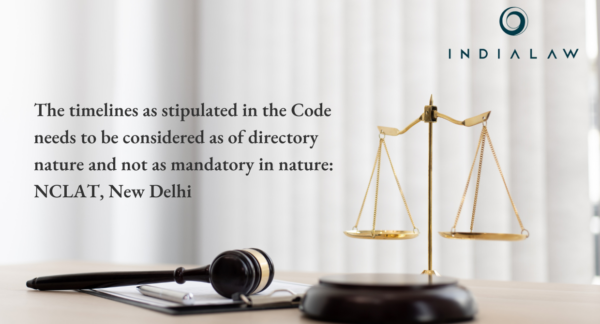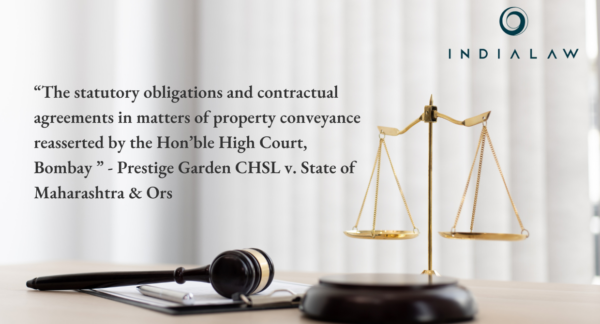PREMIUM CAN NOT BE PART OF CAPITAL EMPLOYED IN THE BUSINESS OF COMPANY


The Supreme Court in its recent judgment ruled that the premium amount collected by the Company on its issued share capital is not a part of the ‘capital employed in the business of the Company’ within the meaning of Section 35D(3) of the Income Tax Act (“the Act”) for the purpose of claiming deductions
Facts
The appellant, a company, issued shares on a premium and claimed deduction on the premium amount under section 35 D of the Act under the head “preliminary expenses” being the “capital employed in the business of the company”. The Assessing Officer (in short “AO”) rejected the deduction on the ground that the expression “capital employed in the business of the company” did not include the premium amount received by the company.
The aggrieved appellant filed appeal before the Commissioner of Income Tax. The Commissioner was of the view that since the “capital employed” consists of subscribed capital, debentures and long term borrowings, any “premium” collected by the appellant-company on the shares issued by it should also be included in the said expression and be treated as the capital contributed by the shareholders. The Commissioner also was of the view that the share premium account, which is shown as reserve in the balance sheet of the Company, was in the nature of the capital base of the Company and hence deduction under Section 35D of the Act was admissible with reference to the said amount also. Accordingly, the Commissioner set aside the order of A.O and allowed the deduction claimed by the appellant of the entire amount under Section 35D of the Act.
On appeal, the Tribunal as well as the High Court upheld the view of the AO.
Appeal before the Supreme Court
Aggrieved by the decision of the High Court, the appellant filed the appeal before the Supreme Court. The Supreme Court had to decide on whether “premium” collected by the appellant-Company on its subscribed share capital was “capital employed in the business of the Company” within the meaning of Section 35D of the Act so as to enable the Company to claim deduction of the said amount as prescribed under Section 35D of the Act?
Confirming the order of the High Court, a two judge bench of the Supreme Court held the following:
- The premium amount collected by the company on its subscribed issued share capital cannot be said to be the part of “capital employed in the business of the Company” for the purpose of Section 35D(3)(b) of the Act. Hence, the appellant cannot claim any deduction in relation to the amount received towards premium from its various shareholders on the issue of its shares. The Court observed that the expression ‘capital employed in the business of the Company’ consists of only subscribed capital, debentures, long-term borrowings. If the intent were to include premium, the law would have specifically provided for it.
- The Court also referred to the Form of Annual Return provided in the Companies Act. Column III of this Form, which deals with capital structure of the company, provides the break up of “issued shares capital break up“. This column does not include in it the “premium amount collected by the company from its shareholders on its issued share capital“. This is indicative of the fact that such amount is not considered a part of the capital unless it is specifically provided in the relevant section. Further, the Court also brought attention to section 78 of the Companies Act, which deals with the “issue of shares at premium and discount”. The section requires companies to transfer the premium amount in a separate account called ‘securities premium account’. It does not anywhere says that such amount be treated as part of capital of the company employed in the business for one or other purpose.
The appeals were thus dismissed.




